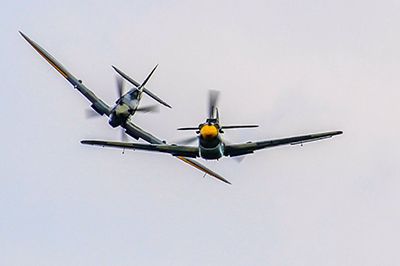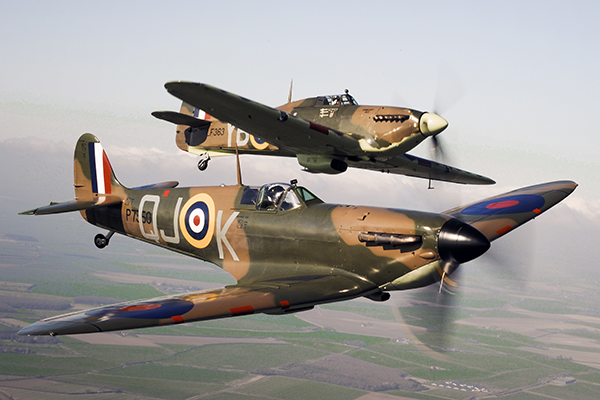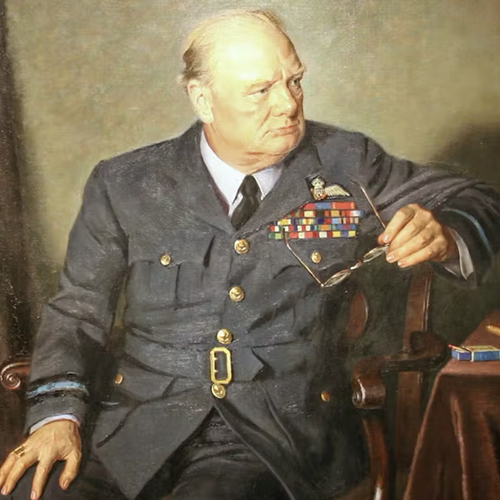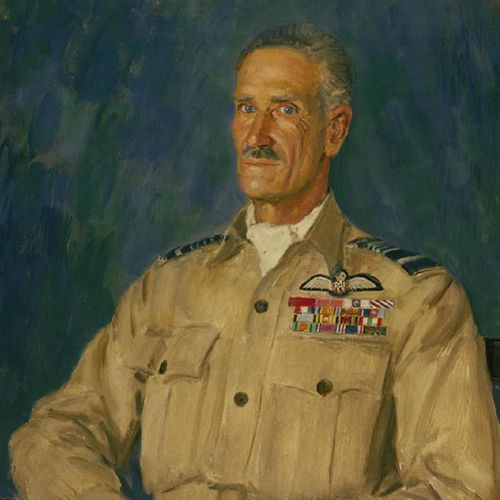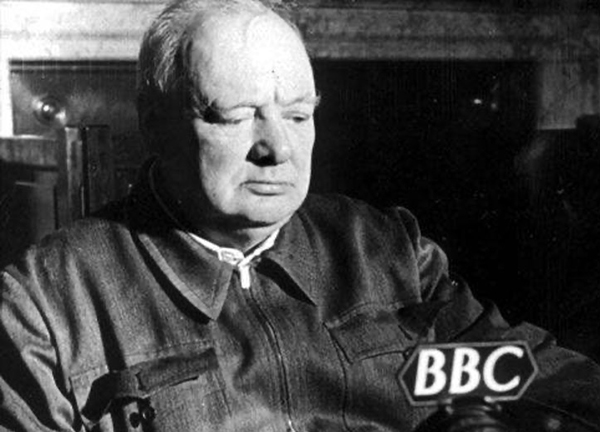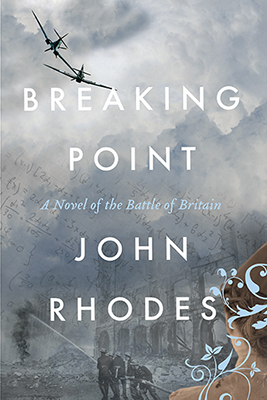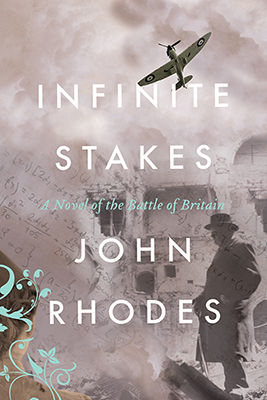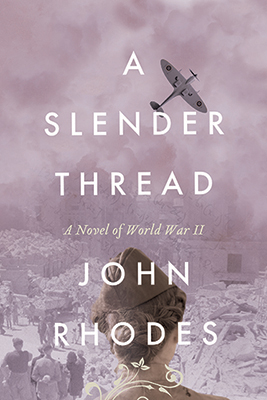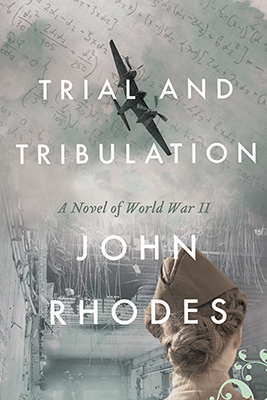“The odds were great; our margins small; the stakes infinite.”
—Winston Churchill
The Battle of Britain was one of the most remarkable events, not only in World War II, but in recorded military history. There are a handful of stories of small bands of determined men eking out extraordinary victories—Horatius at the bridge, for example, or Drake’s ships against the Armada—but more often such forces, however bravely they fight, are eventually overwhelmed, as were the 300 Spartans at Thermopylae, or Travis and Bowie at the Alamo.
Some stories of improbable victories are, perhaps, embroidered legends—the shepherd boy David’s defeat of the Philistine giant Goliath, for example. But there is nothing embroidered about the victory of the outnumbered men of 11 Group—the ‘Few’—over the far larger Luftflotte II in 1940.
The odds were indeed great: The Luftwaffe far outnumbered the RAF in modern fighters and bombers, and could have destroyed Park’s defenses on numerous occasions, had they stuck to attacking RAF airfields.
The margins were indeed small—so small one wonders how 11 Group survived.
The Spitfire versus the 109 was a toss-up—and there were far more cannon-armed 109s. Fighter Command had Chain Home and the Dowding System and home ground advantage, but Luftflotte II had the numbers and the will and the tenacity to counteract them.
One can go down a long list of comparisons in aircraft and tactics without finding a clear predictor of Luftwaffe defeat. It’s a fascinating debate, but in my own view it came down to three advantages:
- Churchill’s steadfast refusal to even remotely consider the possibility of giving up—a sort of inspired stubbornness
- Park’s instinctive, brilliant, bobbing and weaving, counter-punching defense, which left Goring and Kesselring constantly wrong-footed, confused and flailing
- The young men who climbed into the Spitfires and Hurricanes, knowing the dangers they faced, knowing the odds against them, and yet continuing to climb into their cockpits when called upon to do so.
These, in modern parlance, were the ‘force multipliers’ that, in my opinion, lifted 11 Group above Luftflotte II, that frustrated Hitler’s plans for an invasion, that permitted Britain, bloodied by unbowed, to fight on through all the horrors that followed until victory came years later at long, long last.
- There would have been no Allied invasions of North Africa or Italy or Normandy, because they would not have had Britain as a base
- Britain would have been unable to defend Malta or Egypt and the Axis would have reached Suez and Arabia, solving their shortage of oil and severing what was then the British Empire, and turning the Mediterranean into an Axis lake
- The US would have faced a far more powerful Germany across the Atlantic as well as Japan across the Pacific
- Germany would have acquired access to British scientific research, including, critically, the British atomic research that underlay the Manhattan Project
- I would have grown up in the Reichsgau der Britannien, the Reich Province of Britain—for which reason I am profoundly grateful to the young men of 11 Group, for persevering and thus preventing all of this from happening
- If Germany had still invaded and lost to Russia, then all of Europe would have fallen to the Red Army, for there would have been no Allied 21st Army Group to stop them, and I would have grown up in the Soviet Socialist Republic of Britain—for which I am also truly grateful.
Churchill famously said: ‘Never in the field of human conflict was so much owed by so many to so few.’ The modern irony is that the vast majority of the ‘many’ have absolutely no idea that they owe anything to the ‘few,’ let alone how much they owe, or even who the ‘few’ were, because no one has ever told them.
It is therefore incumbent upon us all, as best we can, to preserve this history, lest the memory of the ‘Few’ drift away into the cobwebs and shadows of half-forgotten legends told by old men.
Churchill: ‘Hitler knows that he will have to break us in this Island or lose the war…’
80 years ago today, on June 18th, 1940, Churchill addressed the House of Commons as it had never been addressed before or since:
What General Weygand called the Battle of France is over. I expect that the Battle of Britain is about to begin. Upon this battle depends the survival of Christian civilization. Upon it depends our own British life, and the long continuity of our institutions and our Empire.
The whole fury and might of the enemy must very soon be turned on us. Hitler knows that he will have to break us in this Island or lose the war. If we can stand up to him, all Europe may be free and the life of the world may move forward into broad, sunlit uplands.
But if we fail, then the whole world, including the United States, including all that we have known and cared for, will sink into the abyss of a new Dark Age made more sinister, and perhaps more protracted, by the lights of perverted science. Let us therefore brace ourselves to our duties, and so bear ourselves that, if the British Empire and its Commonwealth last for a thousand years, men will still say, ‘This was their finest hour.’



